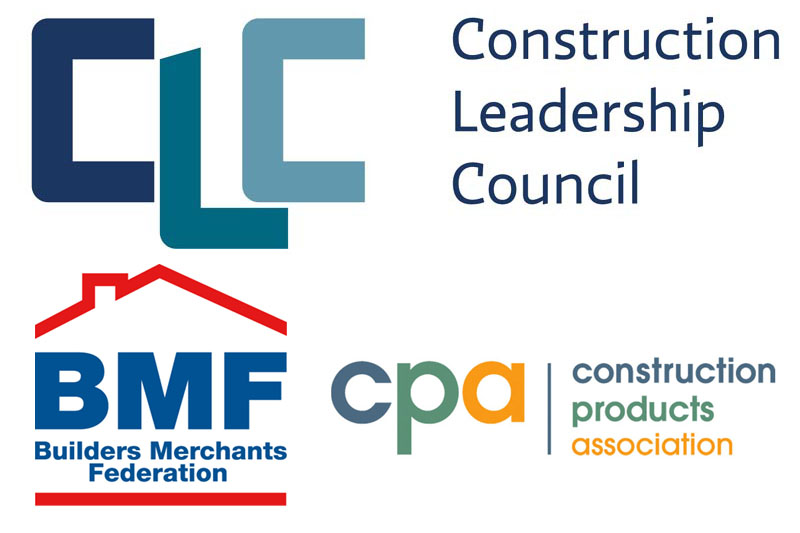
The co-chairs of the Construction Leadership Council’s Product Availability working group — BMF CEO John Newcomb and Peter Caplehorn, CEO of the Construction Products Association — have issued their latest statement (13 December 2023):
The final report of the year confirms little change from the previous October report in terms of product supply, with good availability across all products and regions. Amongst those product groups where most issues were occurring earlier in the year, the continuing evidence suggests that availability has in fact returned to pre-Covid levels.
There are no reported supply issues in the electro-technical sector, despite strong activity in renewables-related projects and wider demand for semiconductors. Similarly, insulation products used in energy-efficiency-related work, along with other RMI products such as plasterboard and render, are all in plentiful supply.
There are ample stocks of bricks and blocks on the ground though production levels are likely to reduce following the annual Christmas break and winter maintenance periods. Product stocks for cement, concrete and aggregate along with Ground Granulated Blast Furnace Slag are likewise healthy.
Finally, there are no concerns over current availability of structural wood products. The group does warn that buyers should continue to apply due diligence on those wood products originating in Russia and Belarus which are subject to UK and EU sanctions. This includes products like Birch Plywood which may be manufactured from Russian raw wood materials in countries like Turkey, Kazakhstan, Vietnam or China.
As in previous reports, it must be noted that the good levels of product availability largely reflect the slowdown in activity across key construction sectors that has reduced product demand. This is most apparent in the housing related sectors, where few expect to see any real upturn until 2025.
Manufacturers are challenged in such market conditions to manage capacity levels. Many are reducing supply to meet demand and some have gone so far as to mothball factories. The challenge in the coming year will be to avoid availability issues and respond quickly when demand inevitably picks up.
Once again PAG members highlighted growing problems of contractors’ cash flow and liquidity in certain sectors. Customers paying more slowly, rising wage bills, squeezed margins, and difficulties obtaining credit insurance were all raised as issues of concern. Energy intensive manufacturers (for example, insulation, steel, bricks and glass) also remind that industrial energy costs remain three times higher than pre-Covid levels.
Regarding logistics, key shipping routes via the Panama Canal and Suez Canal are experiencing disruptions – caused by a drought and the Israel/Hamas hostilities respectively – leading to delays, re-routing and higher costs for various imported goods, though the impact on construction produces is as yet difficult to ascertain. Both situations are being monitored.
Looking ahead to 2024, PAG members are hopeful that government, as the largest client of construction services in the UK, will fully utilise previously announced budgets to improve both ‘levelling-up’ and the energy efficiency of existing homes, businesses and public services.
Furthermore, government can boost industry confidence and certainty by quickly clarifying key policies such as the Future Homes Standard, UKCA Marking, the Building Safety Act, and the National Infrastructure and Construction Pipeline.
This group is unique in bringing together senior personnel from across the industry. Their discussions extend beyond product availability to incorporate far broader issues affecting the construction supply chain. To reflect the true nature of discussions, from January 2024 the group will be renamed the Material Supply Chain Group.
This statement is published on the Construction Leadership Council website via this link.









